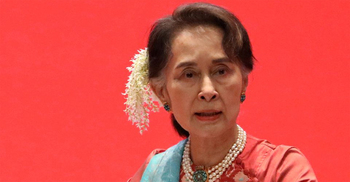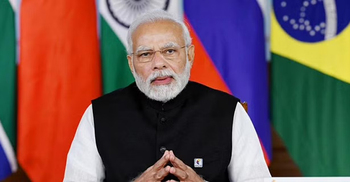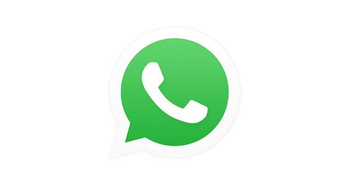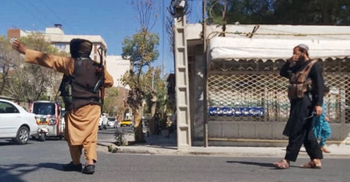Sri Lanka’s ousted ex-president Gotabaya Rajapaksa returns

Sri Lanka's former president Gotabaya Rajapaksa, who fled abroad after mass protests in July, has returned to the country.
Mr Rajapaksa had been staying in Thailand on a temporary visa and flew back home via Singapore, reports BBC.
Some Sri Lankan ministers are reported to have met him at the airport.
Sri Lankans blame his government for the island's worst economic crisis in history. A collapse in foreign currency led to dire shortages of food and fuel.
Protests began in April, following a sharp increase in food and fuel costs.
Hundreds of thousands of people from all walks of life and all communities took part in the largely peaceful protests demanding the resignation of Mr Rajapaksa and his elder brother Mahinda, the then prime minister who quit in May.
In July thousands of people stormed his official residence, and the disgraced president then fled on a military plane first to the Maldives and then to Singapore, from where he sent his resignation. That paved the way for veteran politician Ranil Wickremesinghe to become president.
Mr Rajapaksa's return is a sensitive issue for the new government which does not want more protests and will need to ensure his security.
"We are not opposed to the return of Mr Rajapaksa. Any Sri Lankan citizen can return to the country," Father Jeewantha Peiris, a prominent protest leader, told the BBC.
"People came to the streets because of the alleged corruption against his government. We don't have any personal enmity against him."
Other protesters say they will oppose any attempt by Mr Rajapaksa to rejoin politics or the government.
"After he returns, we need to take legal action against him for the mistakes he committed as president and also file cases against his brother Mahinda Rajapaksa," another activist Rajeev Kanth told the BBC.
Sri Lankan media reports say the government has identified a house in central Colombo for Gotabaya Rajapaksa but it's not clear whether he will go straight there or to a secure military facility first.
A defence ministry spokesman told the BBC that Mr Rajapaksa "would be given security as a former president".
After Mr Wickremesinghe took over the presidency, rights groups accuse the government of carrying out a crackdown on protesters. Dozens have been detained by police in recent weeks, with most since released on bail.
Three student union leaders, who led the protests, have been in detention under the draconian Prevention of Terrorism Act.
Protesters accuse President Wickremesinghe of lacking legitimacy and public support and also of protecting the Rajapaksa family. The government says it's taking action only against those who are suspected of breaking the law.
Troops destroyed the protest camp in front of the president's secretariat in Colombo in the third week of July. Protesters also left the Galle Face area on Colombo's sea front last month.
In the past few weeks, the government has streamlined fuel supplies with a pass - only registered vehicles with a QR code can buy fuel at petrol stations. But fuel is still in demand with queues outside some filling stations.
Key food items are available in shops, but prices are high as inflation is hovering around 65%.
Earlier this week the government reached a preliminary agreement with the IMF for a $2.9bn (£2.52bn) loan. It would be dependent on lots of conditions, including fiscal reforms and restructuring Sri Lanka's $51bn debt with its creditors.
The government also faces challenges in convincing people about privatising key public sector units as part of its efforts to boost revenue. Trade unions may strongly oppose any job losses as a result of privatisation.
Sri Lanka's opposition politicians say the situation is deceptively calm at the moment and if the fuel and food supplies are interrupted again then further protests cannot be ruled out in the coming months.







